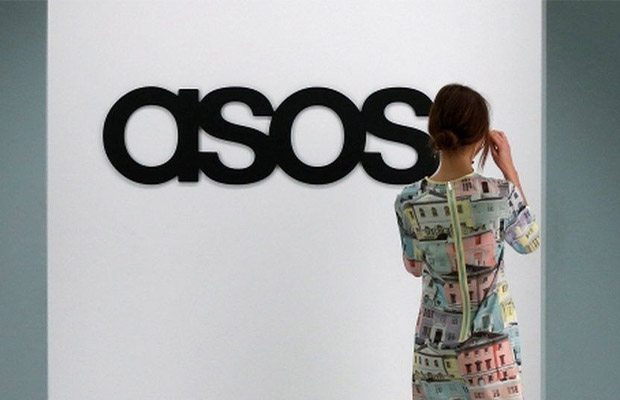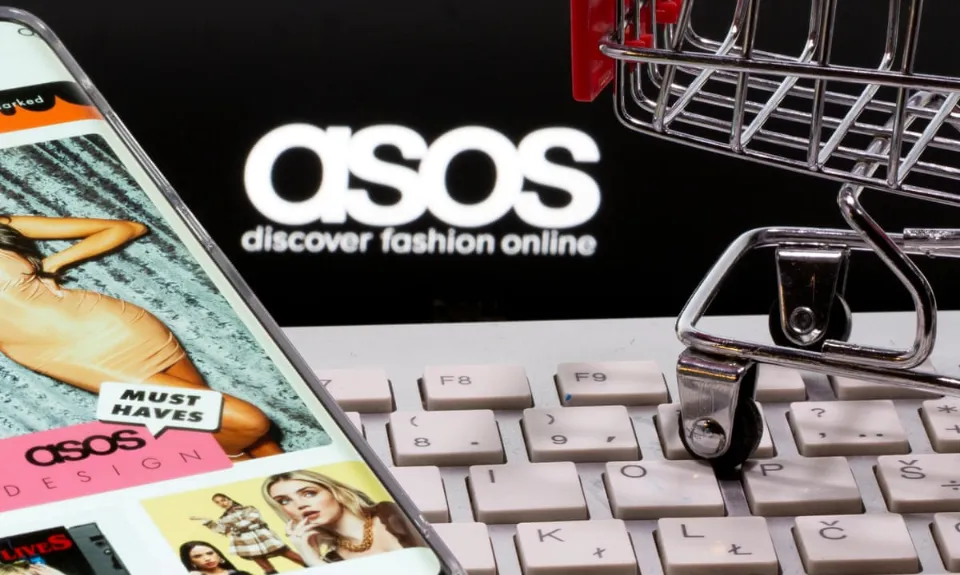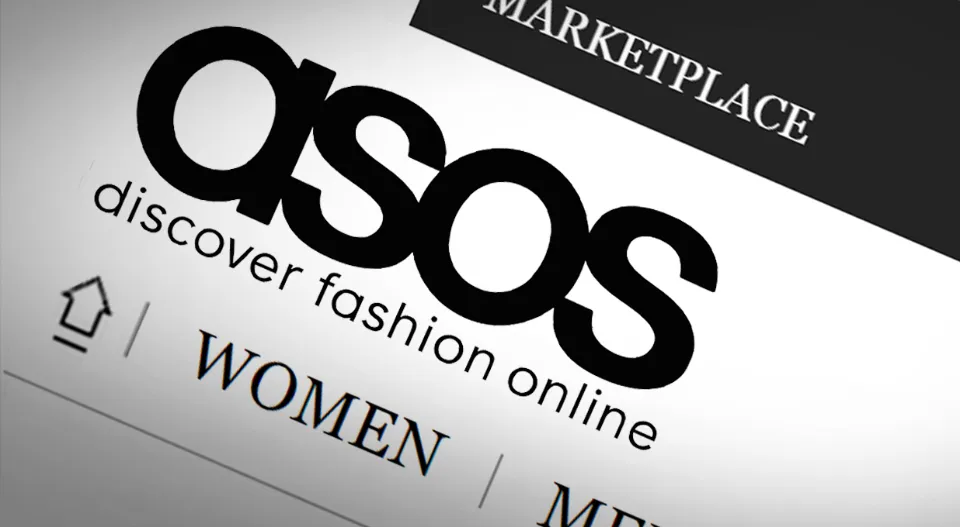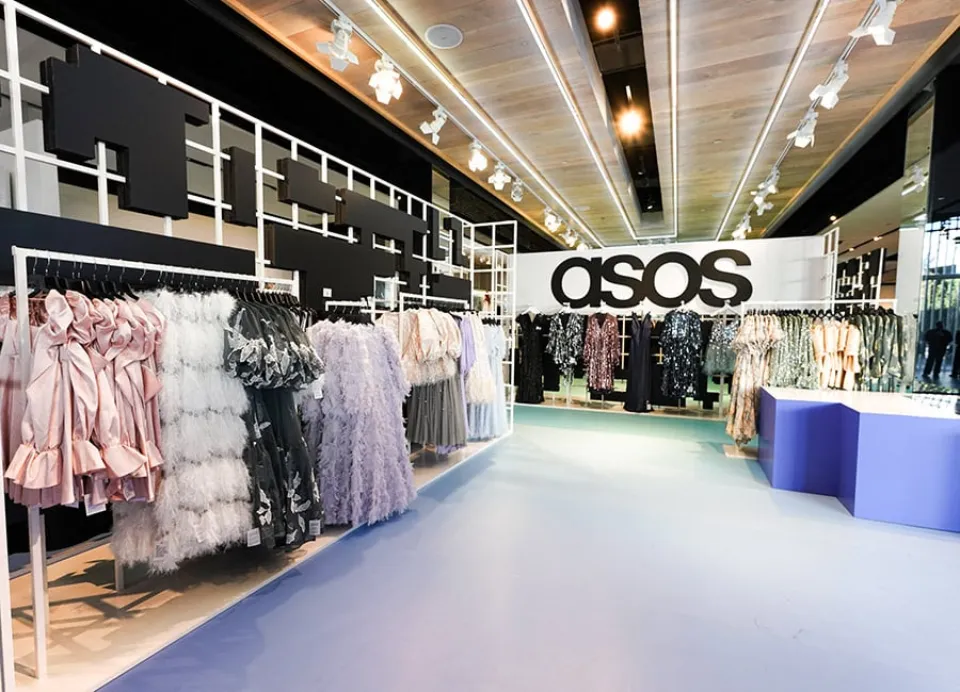Many people may wonder: is ASOS sustainable? Although ASOS has some sustainability goals, they are fairly generic for the sector and the company is currently not making any appreciable strides in terms of its social responsibility.
ASOS is one of the top fast fashion retailers worldwide. Their convenience as a one-stop shop is a major factor in this.
The sustainability pages on ASOS can be confusing because greenwashing is so common these days. I’ll dissect their arguments in this post and present moral counterarguments.
Is ASOS Sustainable?
Right now, 34% of all fibers used in ASOS brands are sourced sustainably. The retailer has a second-hand and vintage clothing section in ASOS Marketplace and in 2010, launched a clothing line called Responsible Edit.
It’s unquestionably a more environmentally friendly choice when all products are made with at least 50% recycled or sustainable fibers and fabrics, and at least 20% recycled cotton. These materials use less water and generate less waste.
It has pledged to source 100% of its cotton from sustainable sources by 2025, but at the time of writing, the Responsible Edit only accounted for around 5,000 of the 40,000 own-brand products listed on the website. This translates to about a fifth of their offerings.
Even though this is a step in the right direction, ASOS still needs to do a lot more to use sustainable materials.
According to an analysis of ASOS’s carbon footprint, 91% of their emissions are caused by shipping and transportation.
Read More: Who Owns ASOS?
Is ASOS Ethical?
In the 2020 Fashion Transparency Index, ASOS received a score of 55%.
It posts online a comprehensive list of suppliers for the final stage of production along with some basic details about the first stage.

Despite initially refusing to pay workers at the beginning of 2020 despite the written contracts they had signed for the work and the legally owing payment, it now publishes policies in place to safeguard suppliers and workers in its supply chain from the effects of COVID-19. As pressure from outside sources increased, ASOS eventually decided to pay employees.
Unfortunately, very little of ASOS’ supply chain has been approved by labor unions that guarantee worker rights, such as living wages and health and safety.
Also Read: Is Nasty Gal Ethical?
Is ASOS Fast Fashion?
Yes, ASOS is a fast fashion brand like Weekday and Topman.
Also fast fashion is the ASOS house brand. You can see that when we checked the ASOS website, their own brand had over 800 new items in the men’s section alone.
ASOS is a marketplace with many different brands. Although not all of the brands they carry fall under the fast fashion umbrella, we would still classify them as such for the aforementioned reasons.
Related Post: Is Missguided Fast Fashion?
ASOS Materials
Around 36% of ASOS’s clothing does contain some more environmentally friendly materials. In addition, it has joined the Sustainable Sourcing Challenge, promising to source all of its cotton from environmentally friendly sources by 2025, and it has taken steps to reduce waste by recycling returns, reducing the thickness of mailing bags, and producing new bags with recycled material to use less virgin plastic.
Additionally, it stated that it would increase the circularity of products by using more recycled or sustainable materials, creating products that are simple to recycle, and making it simpler for consumers to recycle clothing.
According to a 2021 study by the Royal Society for Arts, Manufactures, and Commerce, nearly half of the products added to ASOS over a fortnight were made entirely of virgin plastics, including polyester, acrylic, and nylon.
However, there is no evidence that ASOS minimizes textile waste in manufacturing. Aside from that, ASOS’s greenwashed claims also mention the circularity of materials.
Related Post:
ASOS Environmental Impact
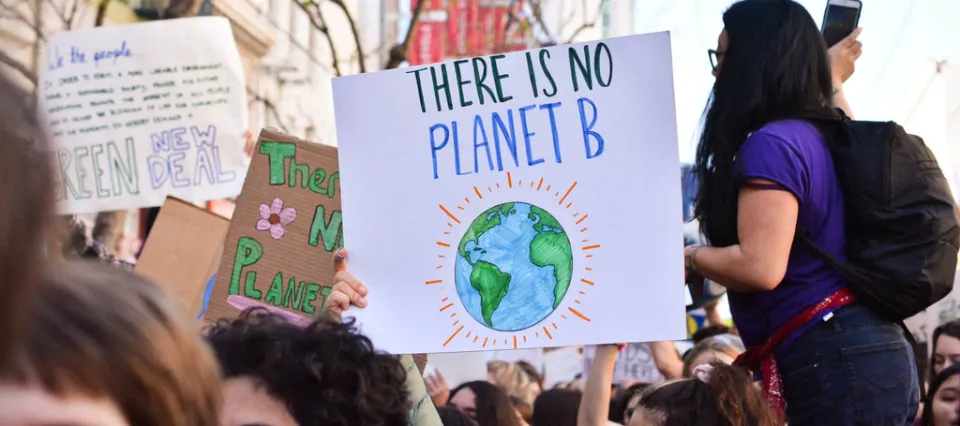
We rated ASOS’s environmental impact “Not Good Enough”. The company has publicly stated its intention to become a net zero emissions company by 2030 and has established an intensity target, but there is no proof that it has done so.
There is some evidence that the ASOS clothing line minimizes textile waste during production, but it still uses some eco-friendly materials in its garments. Additionally, we could find no evidence that ASOS has implemented water conservation measures throughout the majority of its supply chain.
In 2010, ASOS introduced a collection called the “Responsible Edit”—a selection of clothing, accessories, and beauty products marketed for a lower environmental impact. About a quarter of this collection is made up of ASOS private label clothing, which uses fabrics like Tencel and is produced in Kenya with fair labor partners.
For such a large company, this is undoubtedly unacceptable. It’s a sign that the business is responding to growing consumer demand for ethical products.
The rest of the ASOS product line isn’t covered by robust policies that aim to lessen the impact of the production stages, so this collection only makes up a small portion of the total items produced by the company.
Labor Conditions of ASOS
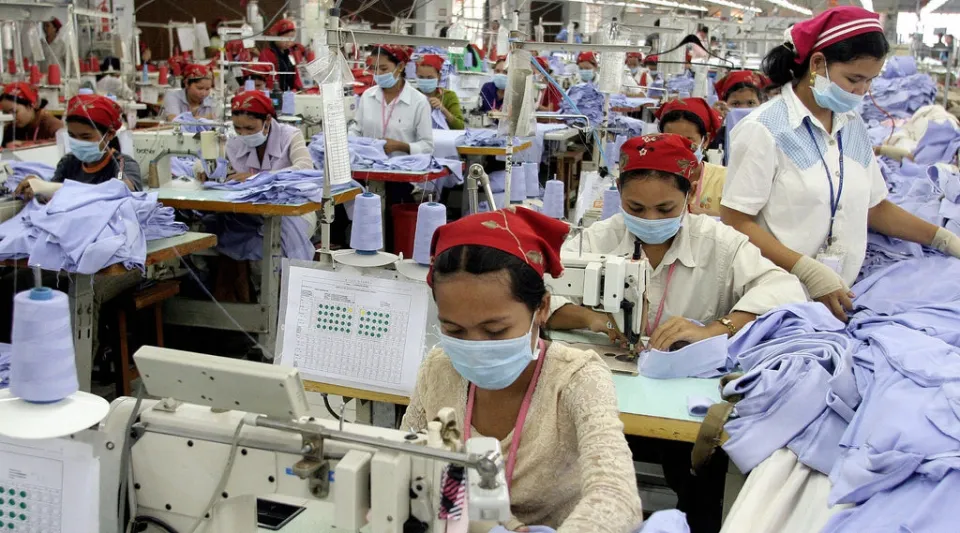
ASOS’ labour rating is also “Not Good Enough”. Its supply chain received a score of 41–50% in the Fashion Transparency Index because almost none of its suppliers are certified by labor laws that guarantee worker health and safety, living wages, or other labor rights.
ASOS publishes a comprehensive list of suppliers involved in the final stage of production, some details regarding the second stage of production, as well as some policies to shield its supply chain’s vendors and workers from the effects of COVID-19. The company probably posts details about its supplier policies, audits, and corrective action procedures.
It also might post details about forced labor, gender equality, or freedom of association. The most troubling problem, however, is that despite having the means to do so, we could not find any proof that it ensures that its supply chain pays a living wage.
ASOS Social Responsibility
It doesn’t seem like ASOS regularly contributes to charitable causes. They started the ASOS Foundation a few years ago to fund charitable initiatives in the UK, India, and Kenya.
However, it doesn’t appear to have been active since 2019, and it’s not clear how much money was donated from business profits vs. employees and customers.
You May Also Like: What Is ASOS Return Policy?
Animal Welfare
ASOS rates “It’s a Start” for animal welfare: it has a formal animal welfare policy aligned with Five Freedoms only uses wool from non-mulesed sheep and does not use angora, fur, down, exotic animal skin or hair.
Even though ASOS has promised to stop using some animal products by a specific date, it still uses leather without mentioning where it comes from.
ASOS Overall Rating: Not Good Enough
Although ASOS has made a few modest efforts to lessen its impact, Good on You still finds that the retailer needs to make significant progress in every area if it wants to receive a higher rating.
By implementing strategies to lower carbon emissions, outlawing fur and other animal-based products, and presenting a more conscientious collection, some progress has been made. Still, there is a lot more that can be done. To get a better grade, ASOS must make progress in every area.
Fortunately, there are many alternatives available in a range of price points if you’re looking for something different.
Sustainable Alternatives to ASOS
There are some excellent sustainable substitutions for ASOS. Here are a few of Eco-Stylist’s favorites:
- ThredUP (get $10 off your first order with my referral link; I once purchased an ASOS dress from here for only a few dollars!)
- Poshmark (get $10 off your first purchase with my referral link)
- Mercari (get $10 off your first purchase with my referral link)
- Depop
- Etsy (often small creators, but beware of mass-produced goods)
- eBay
- Facebook Buy Sell Trade groups for specific brands or Buy Nothing groups
Simply watch out for drop shipping on these platforms, which is when retailers sell mass-produced, wholesale goods. If the seller doesn’t have any original images and the shipping times are excessive, you can tell the items are drop shipped.
Conclusion: is ASOS Sustainable
ASOS has made significant headway toward becoming a sustainable and ethical retailer.
Both in fashion and the larger consumer market, it is establishing an impressive trend that other significant manufacturers would do well to imitate.
In the end, ASOS demonstrates that a company that is committed to enhancing its sustainable and ethical attitude toward retail can still be successful.
FAQs About Is ASOS Sustainable
Does ASOS Use Child Labor?
In Turkish factories, ASOS employs child labor, and their warehouses use production methods akin to those found in sweatshops.
Why is ASOS So Good?
ASOS focus on the customer experience, as well as its investment in the latest online innovations and its ongoing efforts to become more sustainable, have helped it to stand out from other clothing retailers.
Is ASOS Fast Fashion?
Yes. Fast fashion retailers like Weekday and Topman are sold on ASOS. A fast fashion retailer is ASOS.
Is ASOS Good Quality?
The ASOS design is indeed of high quality, according to numerous reviews.
Does Asos Use Child Labor?
They are committed to ensuring there are no forms of modern slavery and child labour in our supply chain or business operations.

